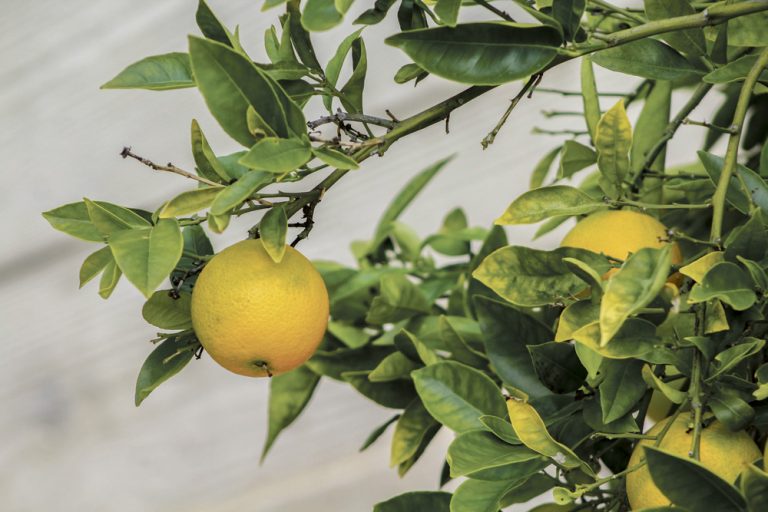
Nadean Hurtado
Staff Writer
Orange trees springing from the ground are just the first steps of the Associated Students Food Bank and Department of Public Worms who have begun a project that consists of growing food on West Campus at the University of California, Santa Barbara. The Department of Public Worms plans to open a campus farm by fall of 2017 in order to continue their goal of “a ‘closed loop cycle’ of sustainable food production and waste management on campus.”
The Department of Public Worms plans to train student volunteers to sustain the farm in order to offset some of the costs such a farm will continually require. This will also allow students to engage in sustainable food practices at an authentic level.
The campus farm will have a large pergola, “raised beds, fruit trees, trellis structures, and hydroponic vertical gardens,” as specified by UCSB Sustainability.
“The Edible Campus Program student farm will increase the amount of fresh produce accessible to our students while providing many educational opportunities for students to develop a personal connection to the land and their food,” Katie Maynard, a UCSB alum and co-adviser of the Edible Campus Program, wrote in an email to The Bottom Line.
Not only will the farm be filled with plants, it will also be filled with people when it opens to the public. Space will be allocated for learning areas where “the children of staff, faculty, and students” will be offered “visits, curriculum, and co-curricular activities” according to UCSB Sustainability’s website. UCSB Sustainability also states that older students will be able to go to educational workshops and classes and local experts and advocates are to be brought in to teach students about specific topics within food.
The Department of Public Worms has not responded to requests for comment.
When sustainability advocates noticed that many students on campus gave up meals in order to pay for expenses like tuition and textbooks, the Food Bank began to look into recycling waste to produce food.
The idea behind growing food on campus for students has been proposed by the Department of Public Worms for years. The whole idea behind the Department of Public Worms is to compost food waste for fresh food, so putting their ideas into practice should fit right in with their mission statement.
Another important relationship that started the program has to do with UCSB alumni Jack and Kim Johnson. Both are passionate about food impacts on the world and have a foundation that focuses on food and environmental education. Their contributions to UCSB’s sustainability initiatives made it possible for the groups to plant the first six citrus trees on campus.
The Edible Campus Program officially started with the planting of two citrus trees in Storke Plaza. The plan is to place fruit bearing trees all around campus in order to utilize the space that is left on school grounds. These trees alone are estimated to produce 400-600 pounds of food per year once they become fully grown, according to UCSB Sustainability. This was the first project, known as Urban Orchard, of the Edible Campus Project that has made the Campus Farm Project possible.
The Edible Campus Project was awarded $38,000 in May of 2016 by the The Green Initiative Fund with the intent to enlighten students in agricultural techniques that address sustainability issues. Originally designed to provide the Food Bank with 12,000 pounds of food every year, there is now hope that eventually the Food Bank will be able to receive 25,000 pounds of food each year.
Get ready to plant, weed, and harvest the healthy food that many of your classmates will be eating.










